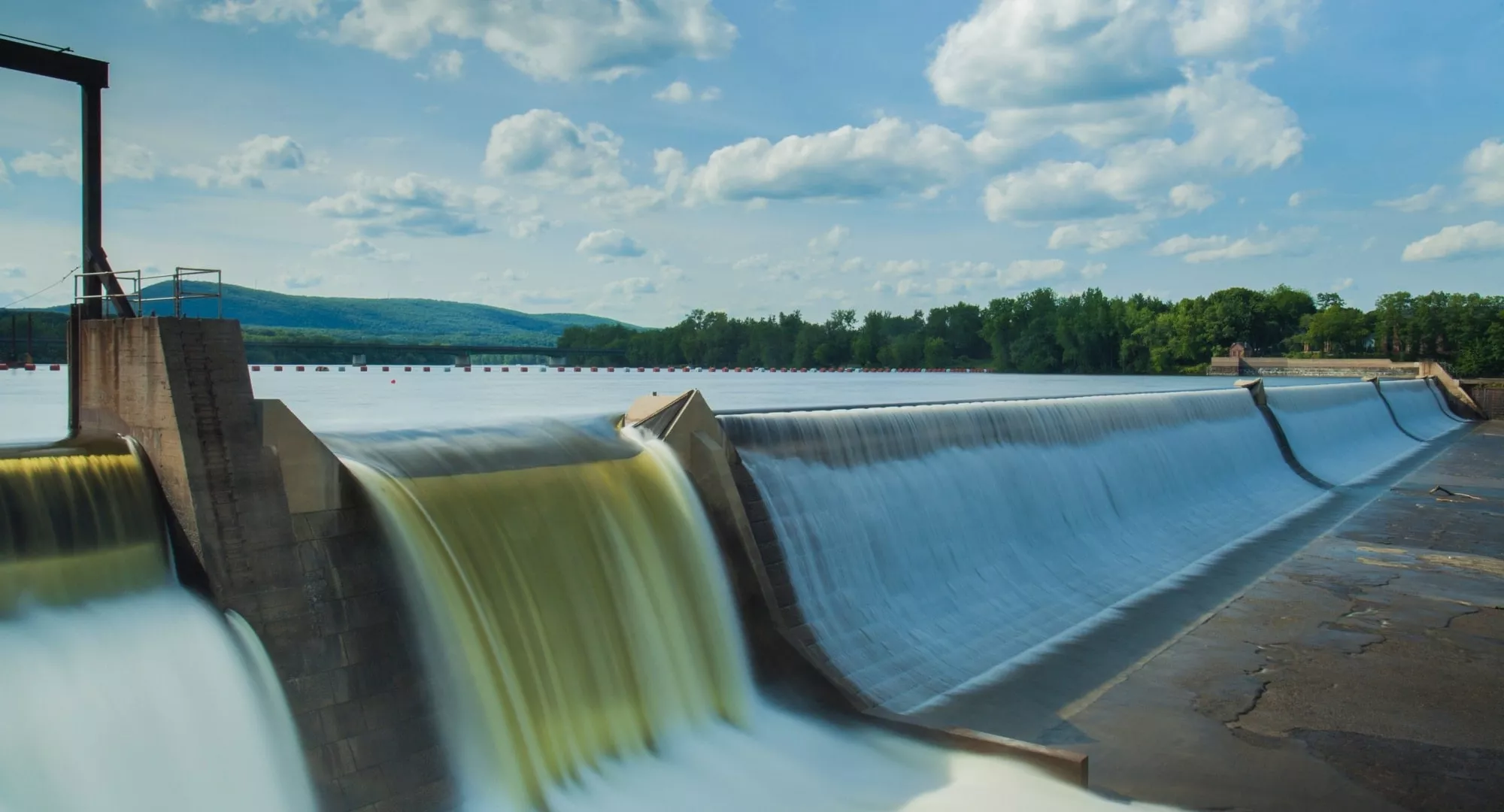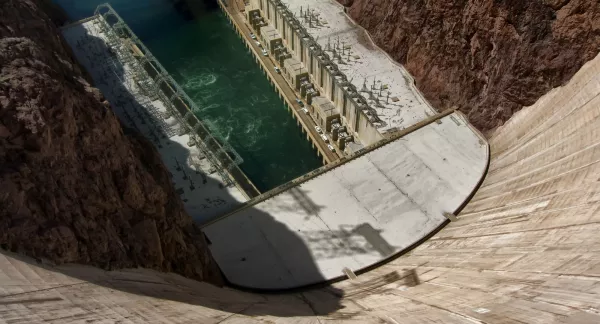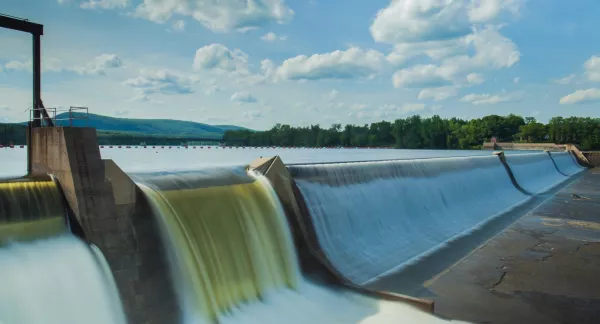
Investigation of Desalination Membrane Biofouling
Abstract
One of the challenges seawater desalination faces today is reverse osmosis (RO) membrane biofouling. Depending on its severity, biofouling may have a measurable impact on the economics and reliability of freshwater production by desalination. Biofouling is caused by biofilm formation on the RO membrane surface by bacteria, which naturally occur in the feed seawater. Although all membranes foul, the rate and reversibility of biofouling are the two key factors that have most profound effect on the performance and efficiency of the SWRO separation process. This project provides an in-depth understanding of the type, metabolism and lifecycle of the microorganisms responsible for surface colonization and the environmental and seawater quality factors that trigger their accelerated growth. This project has three main objectives. The first was to identify and quantify the water quality constituents and environmental factors that trigger accelerated biofouling of seawater reverse osmosis (SWRO) membranes and to determine key species of marine microorganisms involved in biofilm formation. Second, this project defines the thresholds of easy-to-measure seawater parameters, which could be used as precursor indicators of accelerated biofouling. Lastly, multiple biofouling control strategies were tested to offer insight into the desalination facility operation.
Originally funded as WERF project Desal-08-19.

